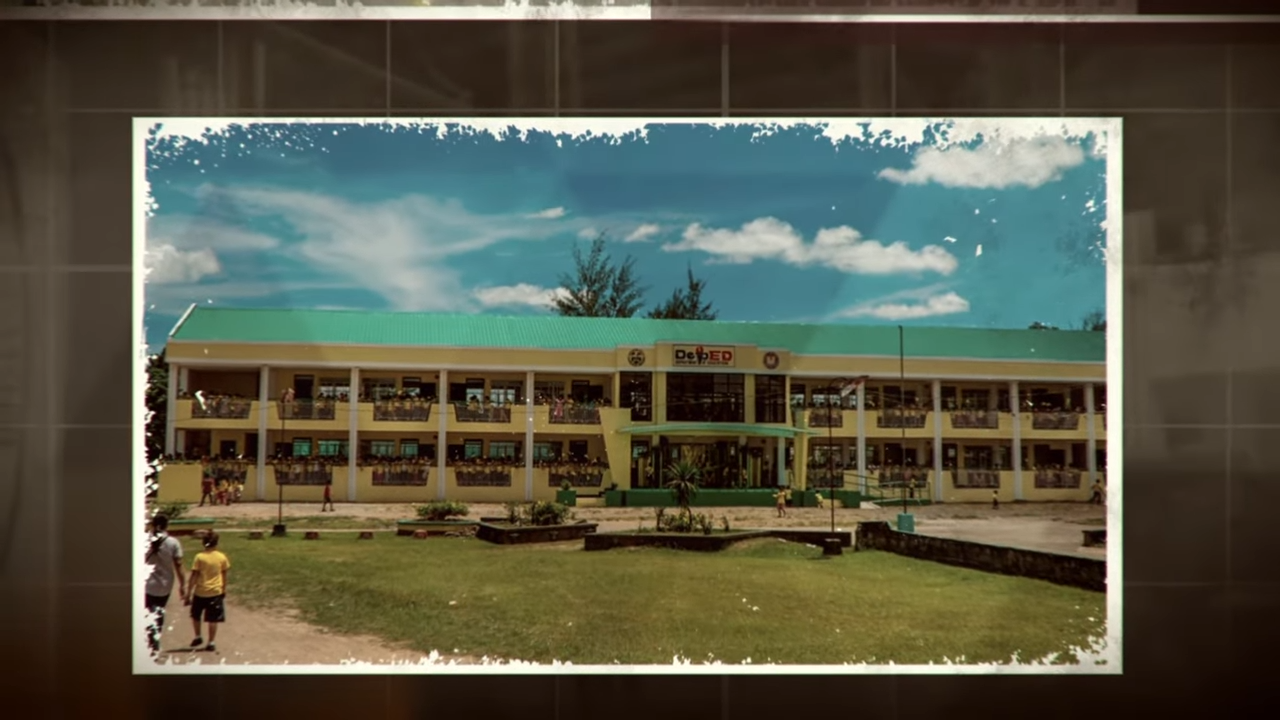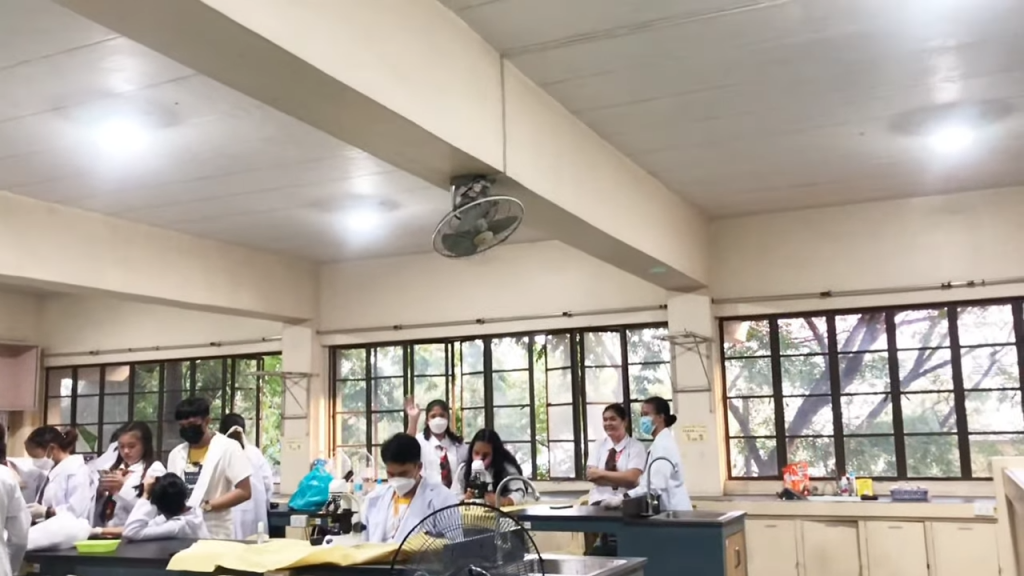Physical Address
304 North Cardinal St.
Dorchester Center, MA 02124
Physical Address
304 North Cardinal St.
Dorchester Center, MA 02124

We understand the pivotal role that reading skills play in students’ academic and personal growth. Reading skills are the cornerstone of education, empowering children to explore new worlds, express their thoughts, and comprehend complex ideas. In the dynamic landscape of education in the Philippines, fostering strong reading skills among students is not just a goal; it’s a necessity. I will share insights and recommendations based on research findings in this article to improve Filipino students’ reading skills.

One of the fundamental steps toward enhancing reading skills is to invest in early literacy programs. Research indicates that early exposure to reading can significantly impact a child’s cognitive development and language acquisition. Therefore, as educators, we must prioritize implementing comprehensive early literacy initiatives that engage children in meaningful reading activities from an early age. We can lay a solid foundation for their future academic success by fostering a love for reading in our young learners.
Another crucial aspect of improving reading skills is to empower educators through continuous training and professional development. Teachers are the catalysts for change in the classroom, and their expertise directly influences students’ reading outcomes. Therefore, providing educators with access to specialized training programs that focus on innovative teaching strategies, literacy instruction techniques, and assessment methods is essential. Equipping teachers with the necessary knowledge and skills can create a conducive learning environment where students thrive in their reading journey.
In the diverse cultural landscape of the Philippines, it is imperative to develop reading materials that resonate with the experiences and identities of Filipino students. Culturally relevant reading materials capture students’ interest and give them a sense of belonging and pride in their heritage. As educators, we must collaborate with local authors, illustrators, and publishers to create a rich repository of reading materials that reflect the unique cultural tapestry of the Philippines. By incorporating culturally relevant content into our curriculum, we can foster a deeper connection between students and the texts they read, enhancing their reading skills.
To address the challenges faced in reading literacy in the Philippines, we must implement structured reading programs focusing on continuous progress monitoring and diagnostic assessment. We should tailor these programs to meet the diverse needs of students, including those who are at-risk or struggling with reading. By regularly assessing students’ reading abilities and providing targeted interventions, we can ensure that every child receives the support they need to succeed. These structured programs should also emphasize developing critical thinking skills, vocabulary expansion, and comprehension strategies, fostering holistic reading literacy growth.
In conclusion, improving reading skills is not just a task; it’s a collective responsibility that requires the concerted efforts of educators, policymakers, parents, and the community. Investing in early literacy programs, empowering educators, developing culturally relevant materials, and implementing structured reading programs can pave the way toward a brighter future where every Filipino child possesses strong reading skills. Together, let us embark on this journey towards enhancing reading literacy in the Philippines and unlocking the boundless potential of our students.